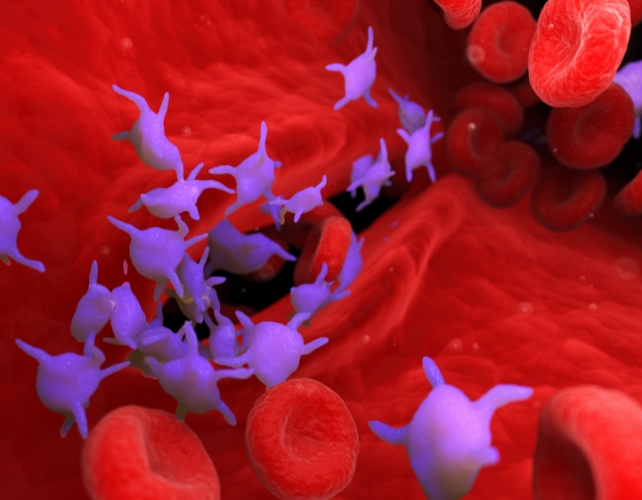Moreover defending coronary heart well being, extensively used cardiovascular medicine might additionally considerably decrease the danger of getting dementia in outdated age – by as a lot as 25 % when used long run.
The findings come from a big research of 968,715 individuals, carried out by a workforce from the Karolinska Institute and Lund College in Sweden. The analysis checked out hyperlinks between taking drugs for not less than 5 years, and the possibility of growing dementia.
Whereas the analysis would not show a casaul relationship between these medicine and dementia, it strongly suggests {that a} defective coronary heart may additionally open the door to cognitive decline – and maybe that sure therapies can take care of each the guts and the mind.
The hyperlink between cardiovascular well being and dementia is not a brand new one, and research have beforehand urged that defending the guts might additionally buffer towards cognitive decline. Nonetheless, to date the proof to help that concept hasn’t been robust.
“Previous studies have focused on individual drugs and specific patient groups, but in this study, we take a broader approach,” says epidemiologist Alexandra Wennberg, from the Karolinska Institute.
The researchers seemed on the influence of taking treatment to handle hypertension, levels of cholesterol, blood thinning, and fluids within the physique (the diuretics which can be typically prescribed to deal with coronary heart failure).
These medicine have been related to a 4–25 % decrease threat of dementia, the information confirmed, and taking a number of drugs usually had a better impact in lowering threat than utilizing a single drug by itself.
“We can see a clear link between long-term use – five years or more – of these drugs and reduced risk of dementia in older age,” says epidemiologist Mozhu Ding, from the Karolinska Institute.
Nonetheless, one other kind of coronary heart treatment had the alternative impact.
Antiplatelet medicine, which cease platelets within the blood from clumping collectively and triggering strokes, have been related to a 13–25 % enhance in dementia threat – probably as a result of the anti-clumping impact makes mind microbleeds extra possible, the researchers recommend.

As well as, short-term use of any of the cardiovascular medicine studied was linked to a 13–30 % enhance in dementia threat – which can be all the way down to the treatment being began too late in life to have a protecting impact on cognition.
A doable purpose for the rise is that coronary heart circumstances might increase dementia threat. Some drugs, like these for hypertension, are additionally given for early cognitive decline signs, making the connection tougher to know.
Every of those associations will should be investigated additional earlier than conclusions are drawn.
The researchers did talk about a few of the organic mechanisms that may be defending each hearts and minds – equivalent to the advantages of ldl cholesterol discount throughout the physique – however they’re eager to level out there are lots of different elements in play, together with food plan and train, which may very well be explored in future trials.
“We currently have no cure for dementia, so it’s important to find preventive measures,” says Wennberg.
The analysis has been printed in Alzheimer’s & Dementia: The Journal of the Alzheimer’s Affiliation.

